The hike from Sattelegg to the pretty Alp Wildegg mountain restaurant and back takes about 2 1/2 hours in total. From the Sattelegg restaurant we first follow a gravel road, then a hiking trail with a beautiful view of the Central Swiss Alps. The Wildegg mountain restaurant at 1509 metres above sea level is ideal for a lunch break. If you want, you can also climb the additional 140 meters of elevation to Chli Aubrig on your own – the panoramic view compensates for the effort. We do the first exercises on the alphorn right next to the chapel at the Sattelegg car park. On the way we find more places, some with echoes.
Sattelegg – Wildegg
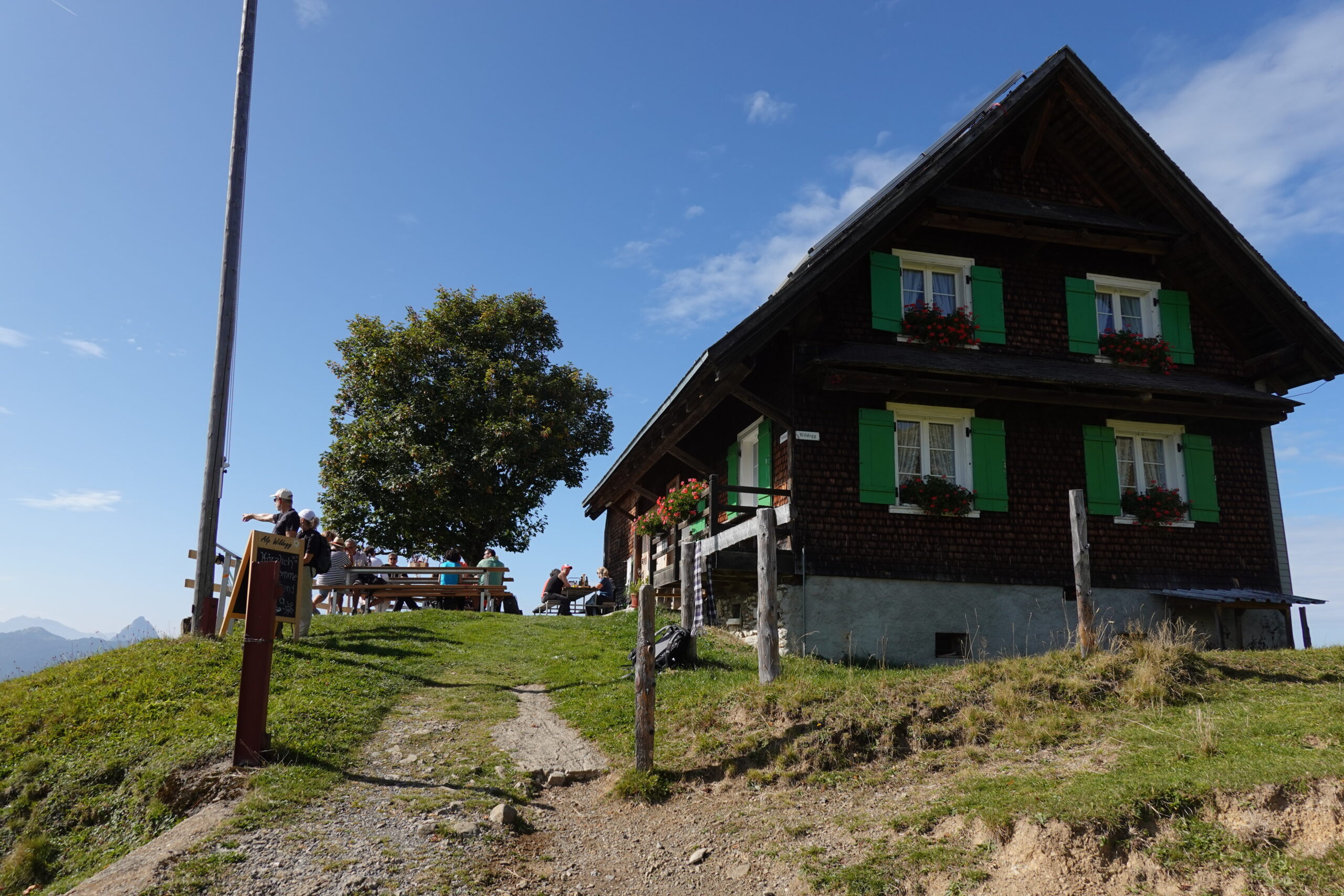
Contact
Benno Weber
Staubstrasse 1
8038 Zürich, Switzerland
Phone
+41 76 295 17 03
(also SMS, WhatsApp & Signal)
Seriously
UID: CHE-450.181.532
IBAN: CH19 0070 0110 0018 7372 7

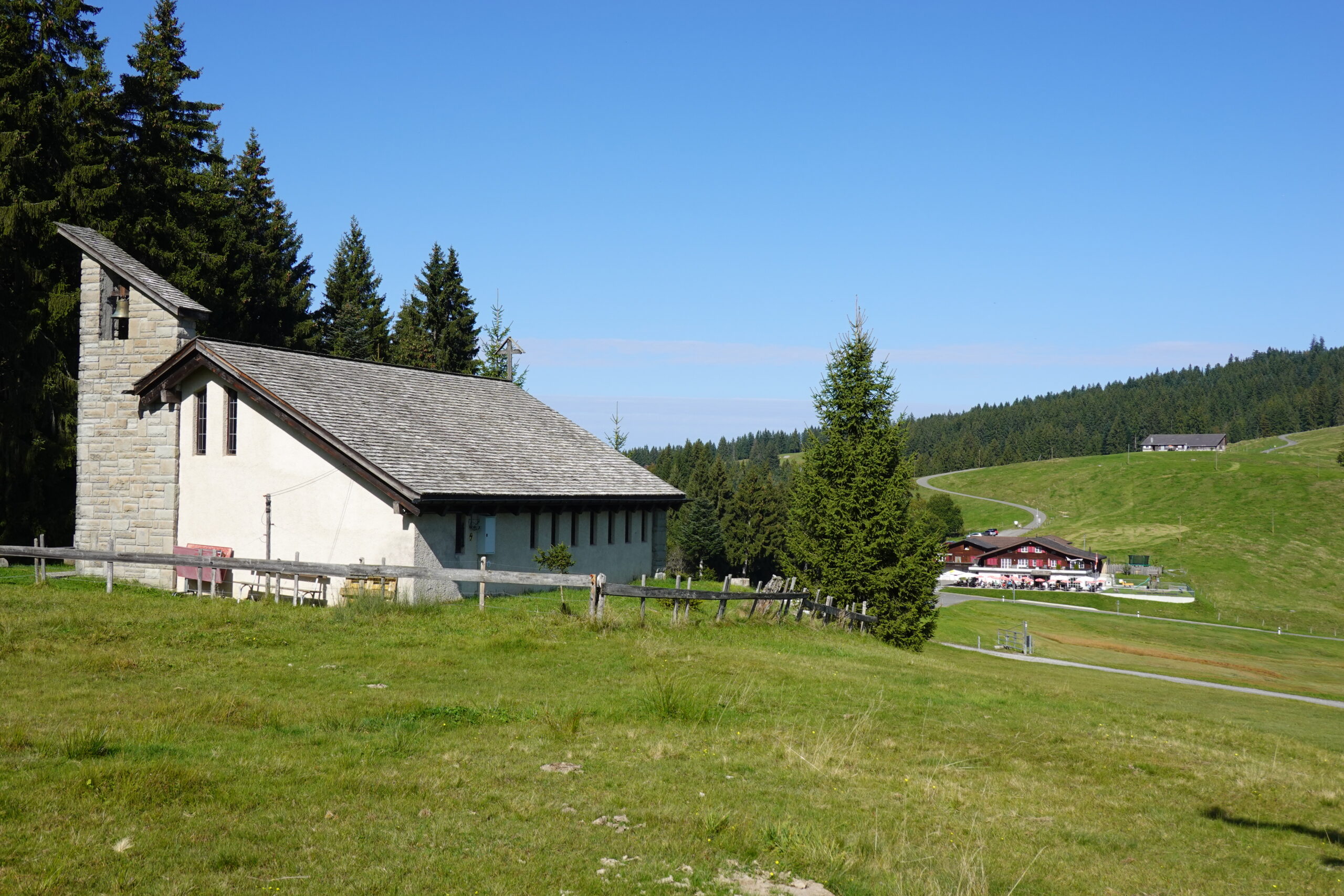
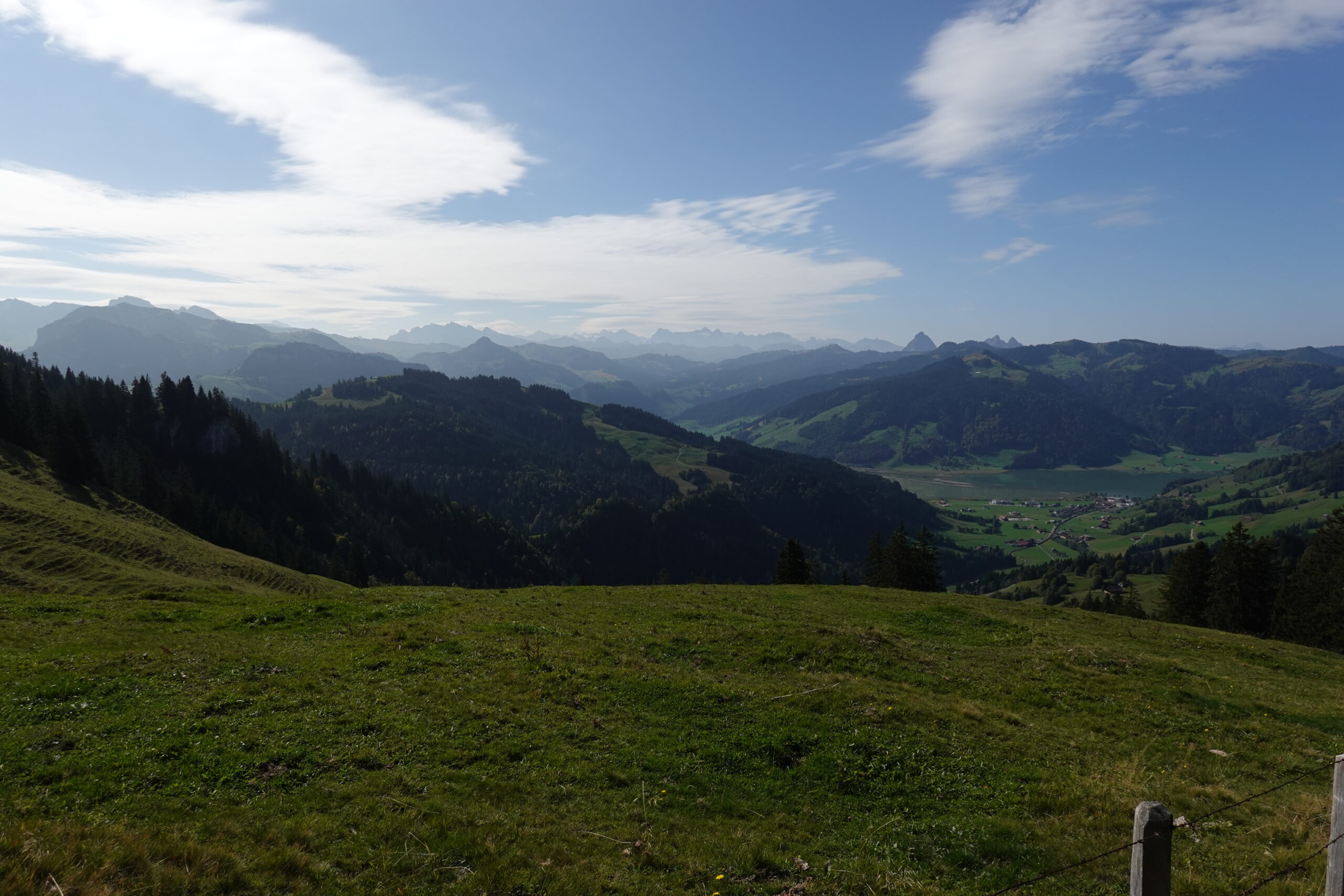
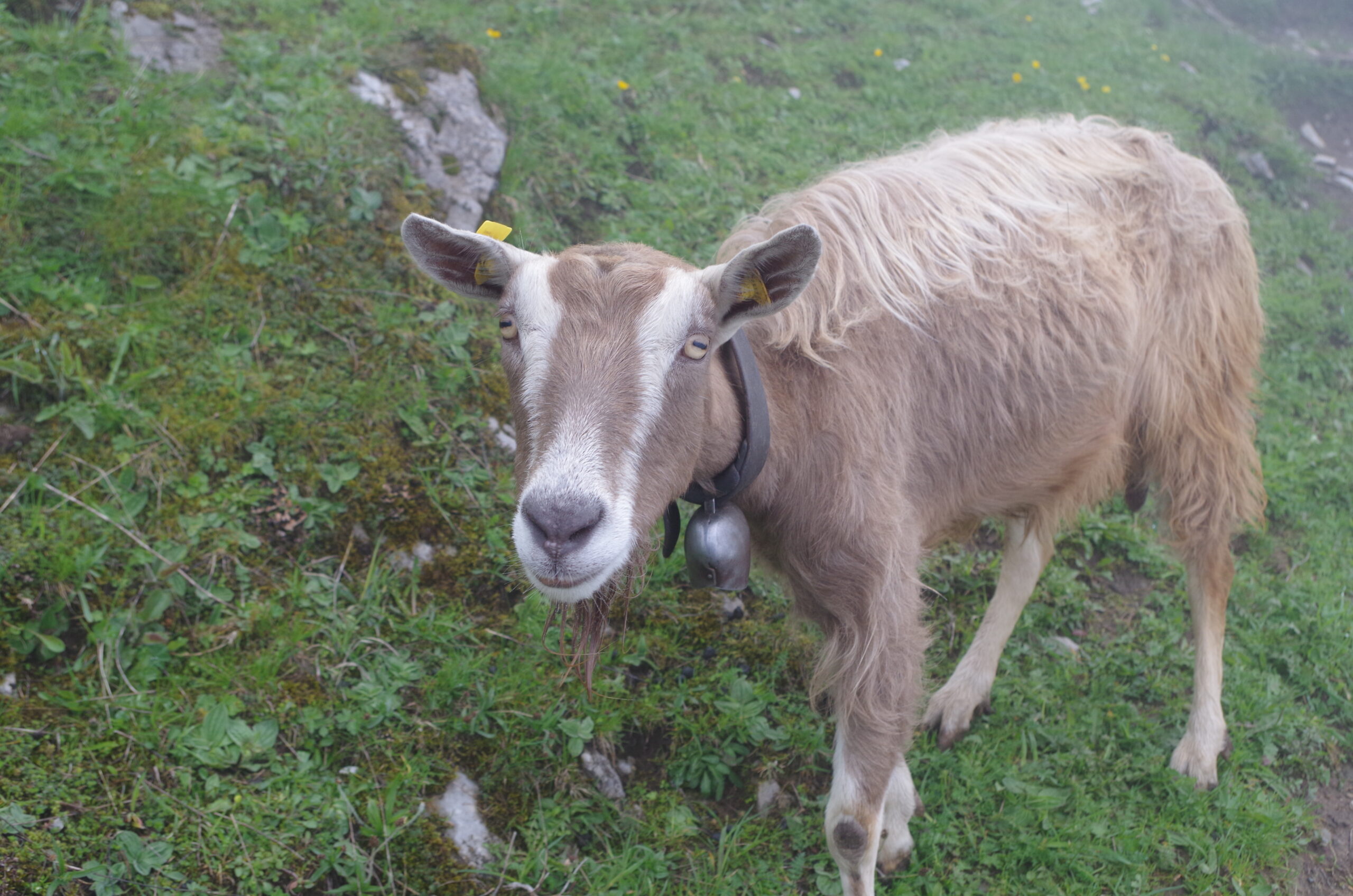
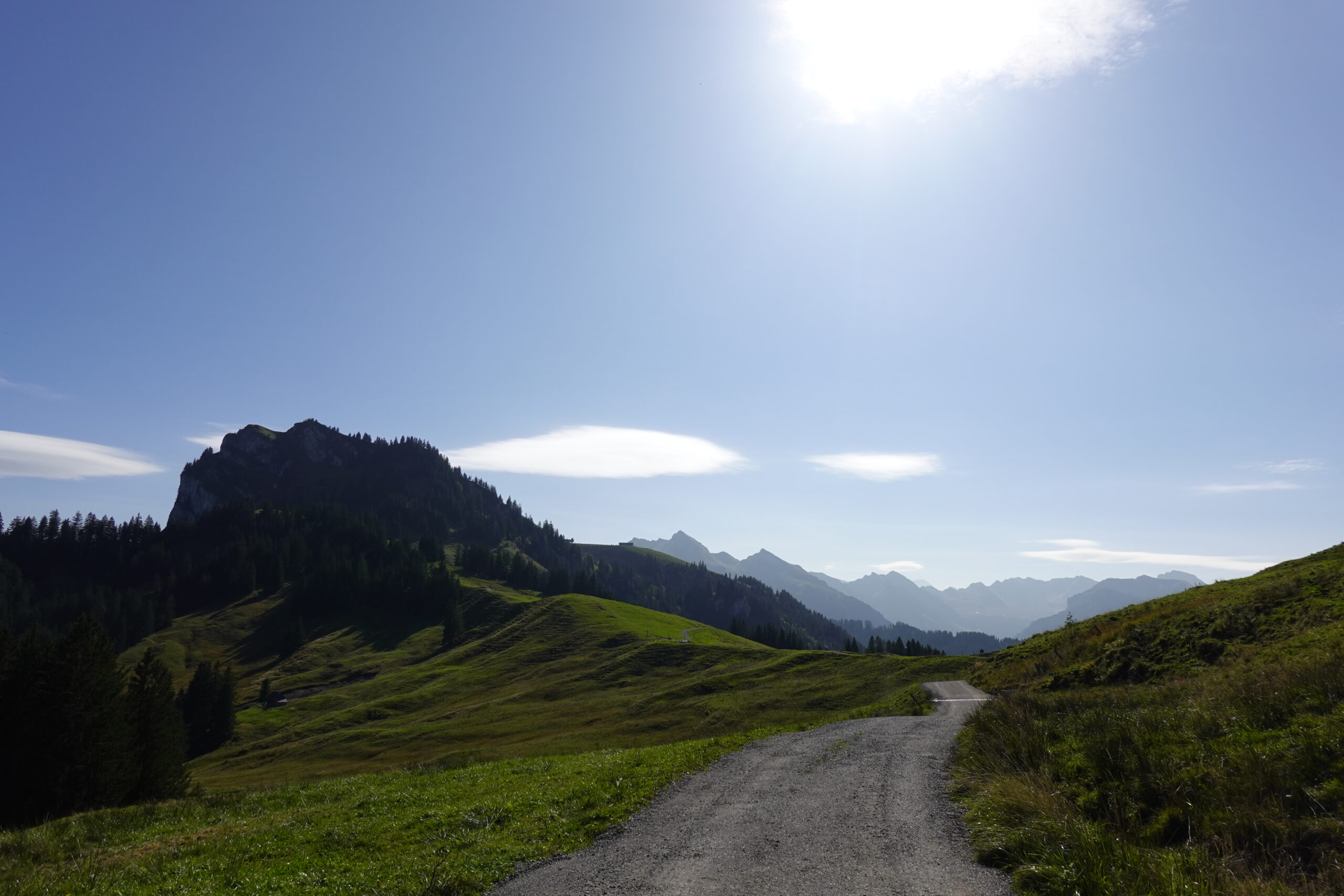
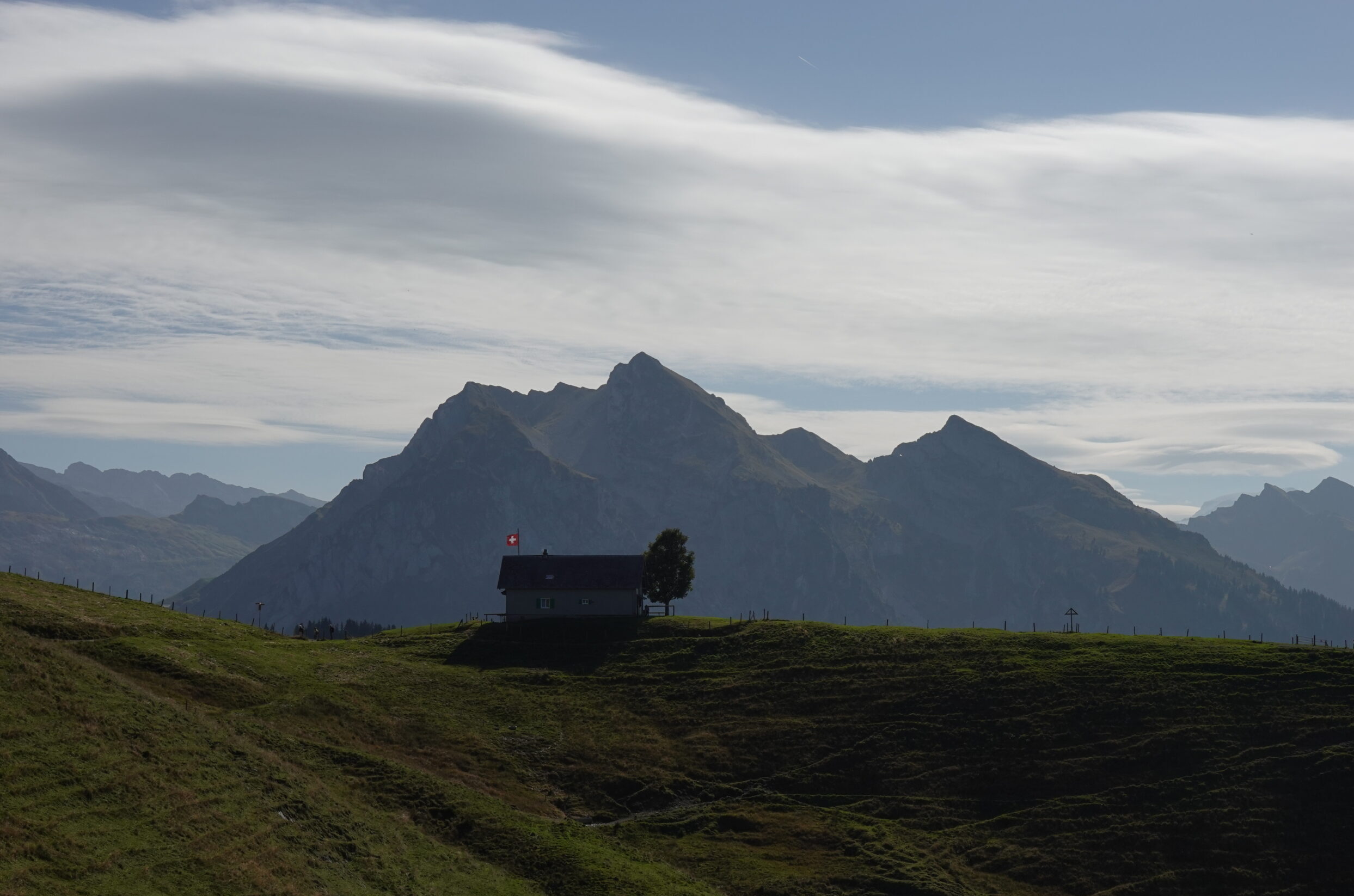

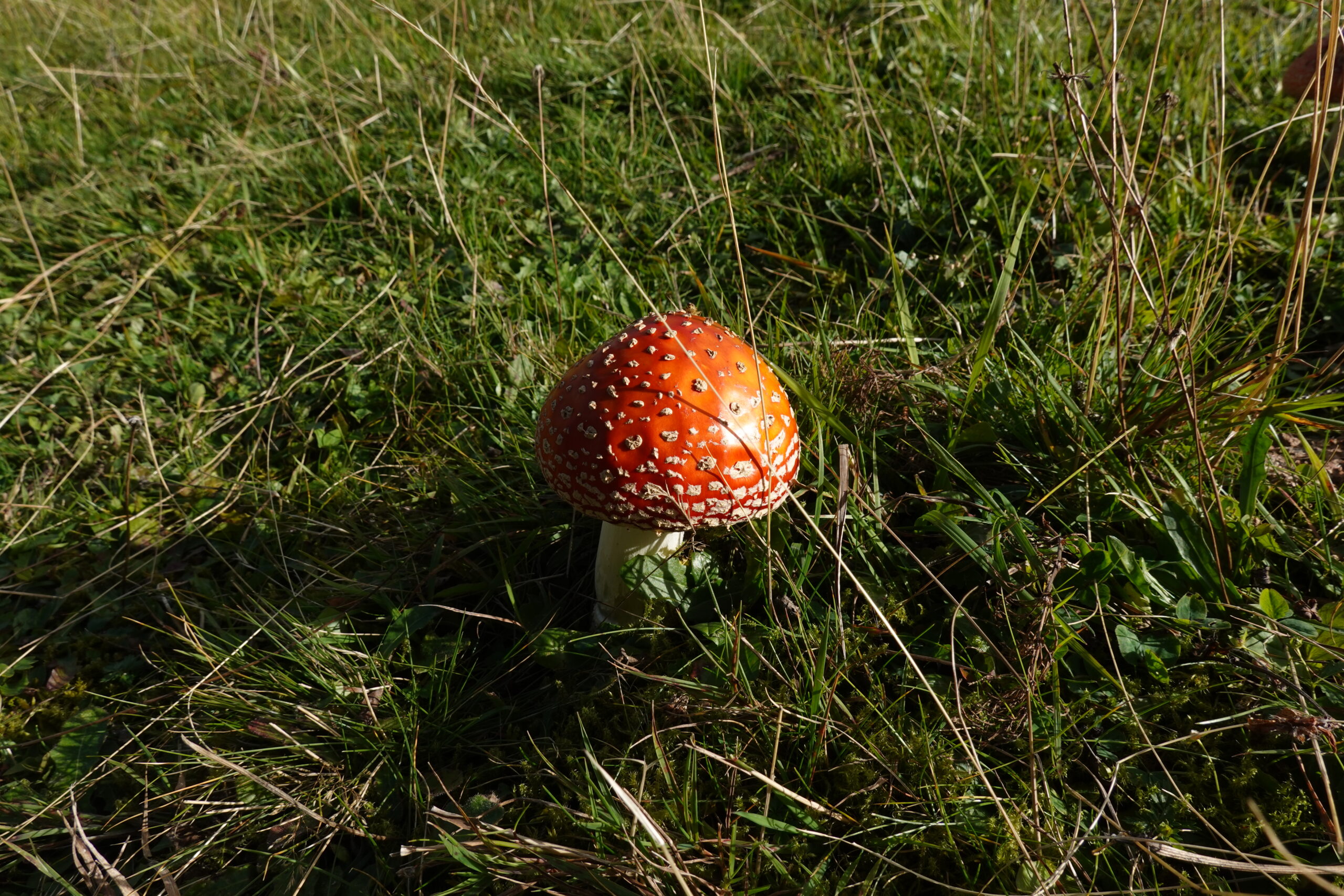
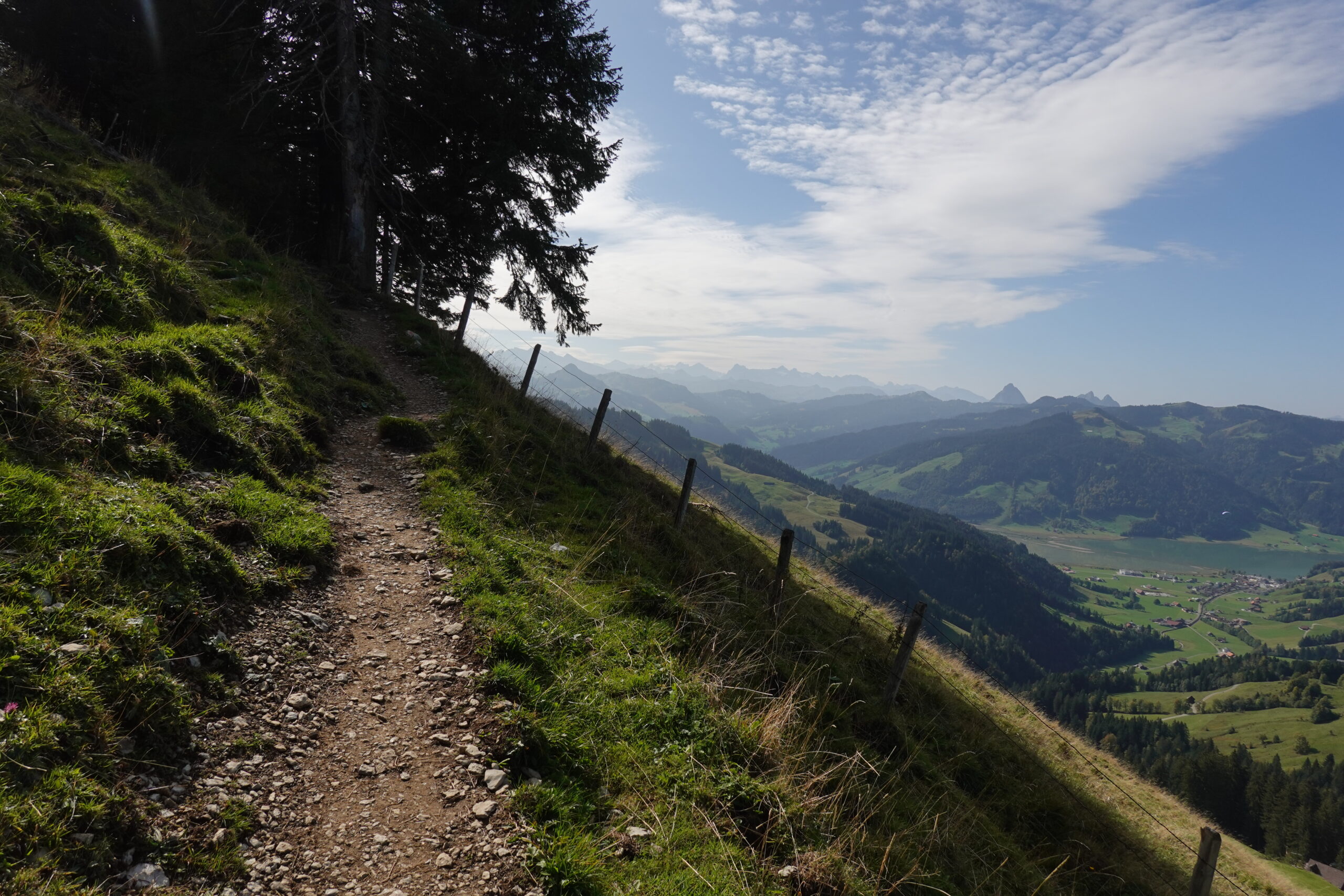
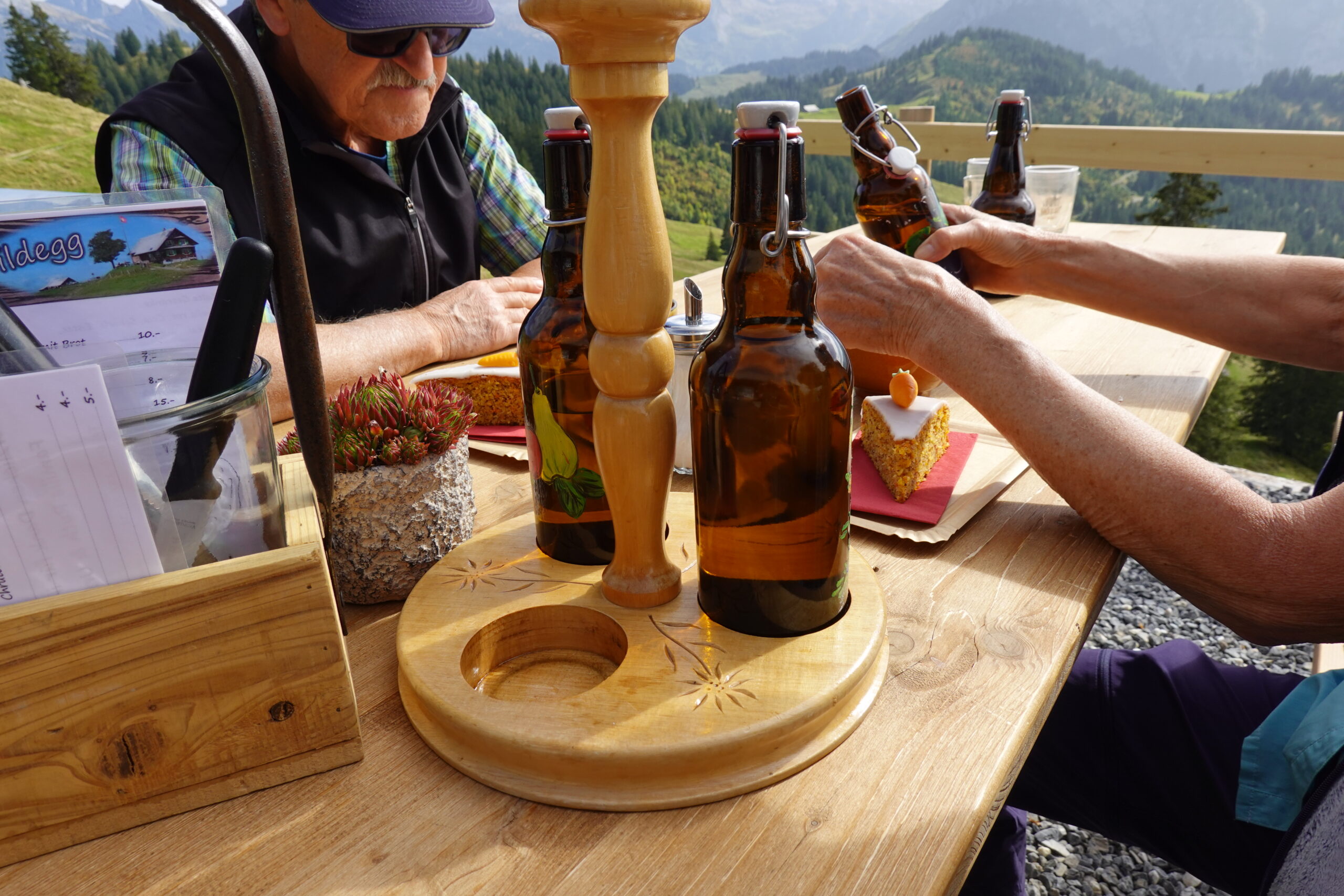
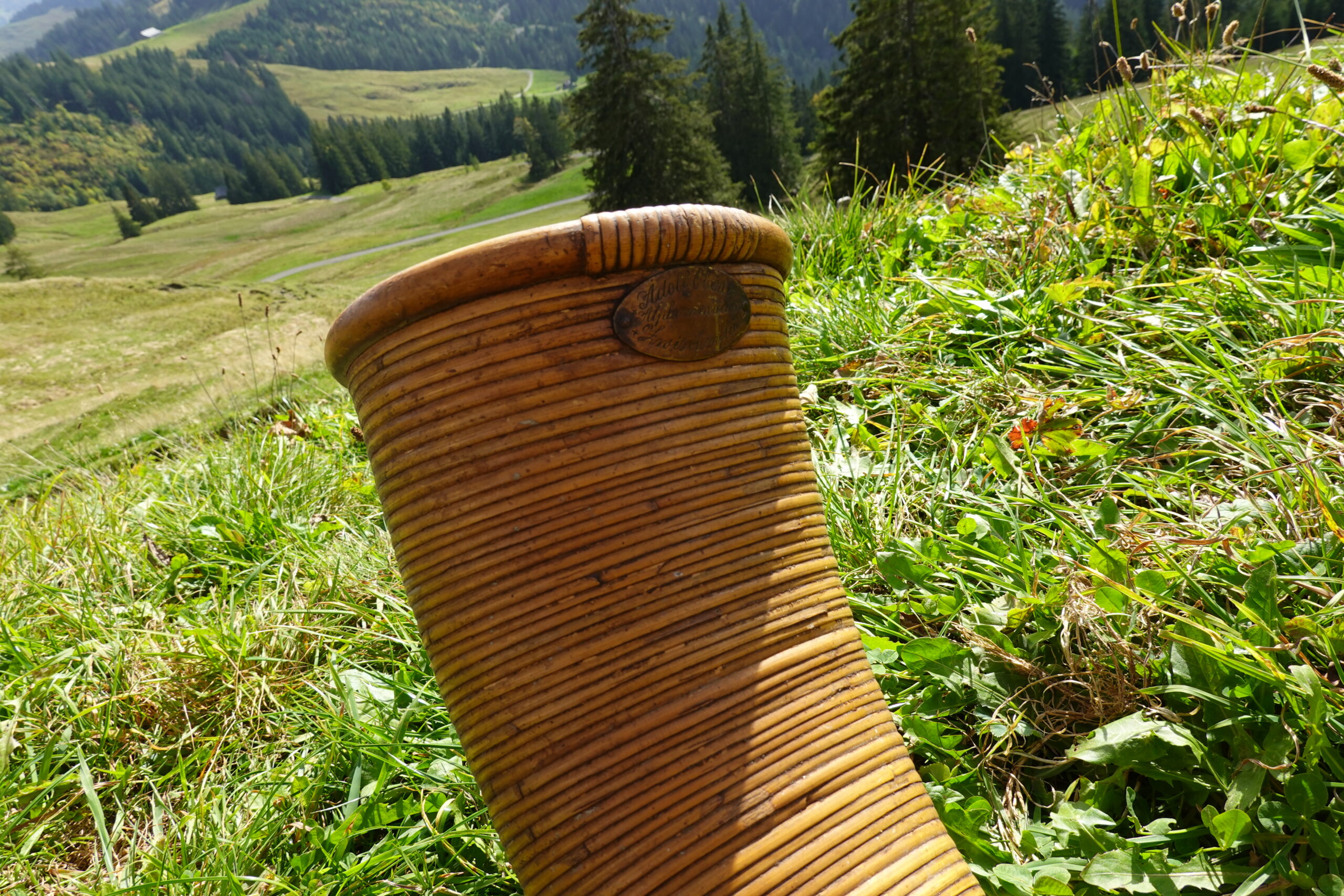
0 Comments